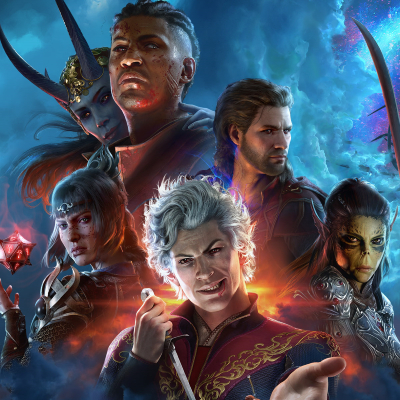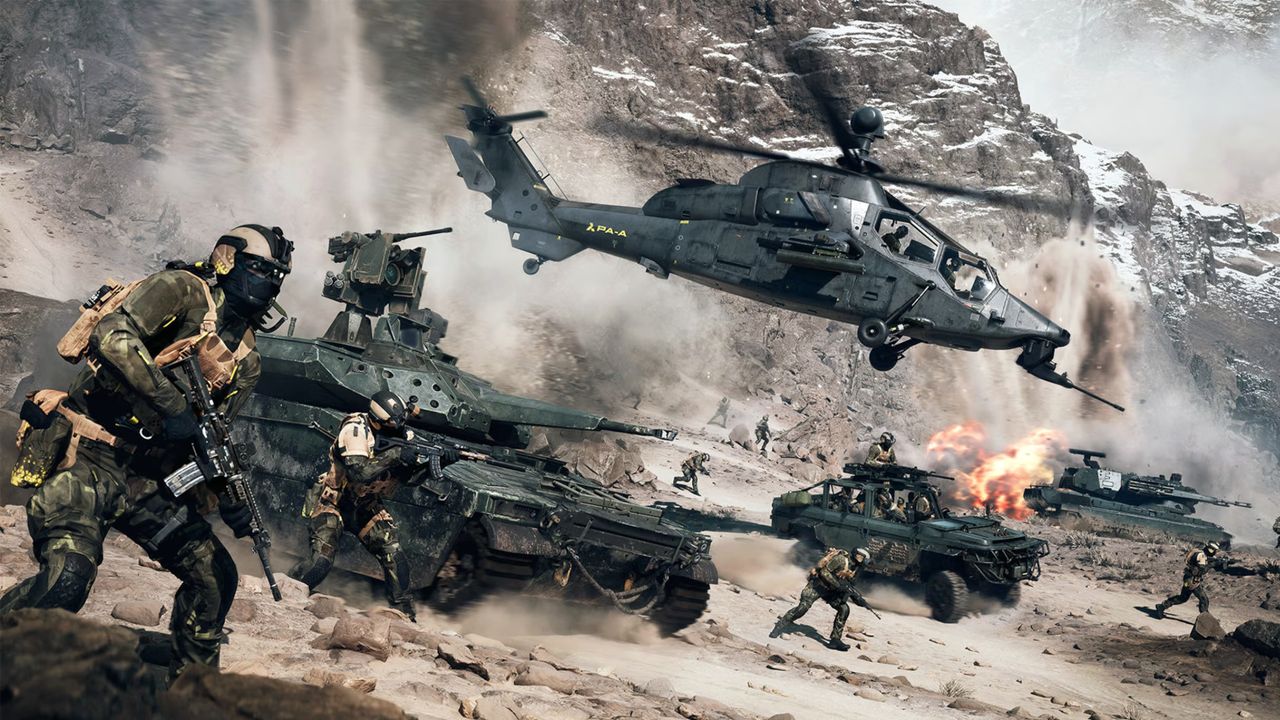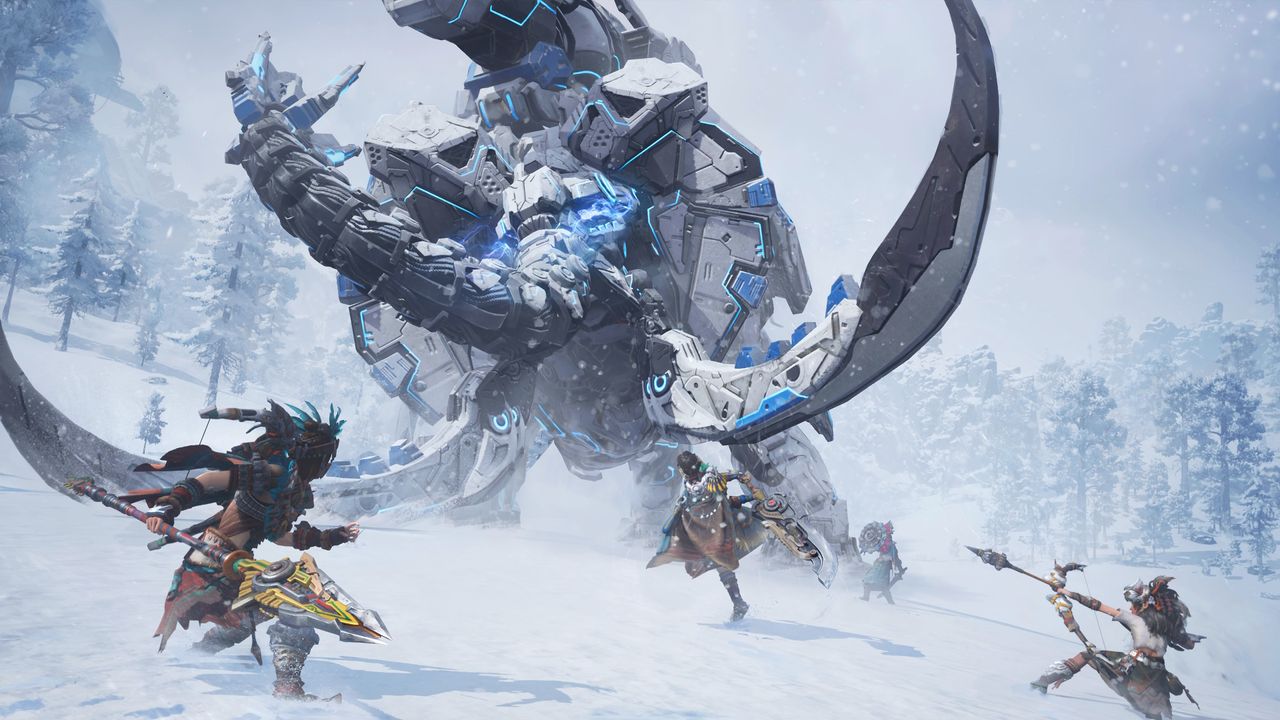An investigation by The Guardian, Israeli-Palestinian +972 Magazine, and Hebrew-language outlet Local Call has sought to lay out the specific relationship between tech giant Microsoft and the Israeli military, which has faced international condemnation over its ongoing assault on Gaza, which has killed over 60,000 people, including thousands of children.
In April and May, Microsoft employees staged public protests over the company’s supply of Azure Cloud services to the Israeli military. The BDS movement has called for a boycott of Xbox, Game Pass, and Microsoft-published games to pressure the company to end its relationship with the Israeli military. It wasn’t entirely clear, however, what specific role Microsoft’s services were playing, and in July, a group of 60 shareholders called on the company to explain itself.
“In the face of serious allegations of complicity in genocide and other international crimes, Microsoft’s [human rights due diligence] processes appear ineffective,” the group said.
The new independent report cites interviews with 11 sources from Microsoft and the Israeli military surveillance agency, Unit 8200, alleging that Microsoft provides a customized, specialized subset of Azure to store data from a dragnet of intercepted telecommunications in Gaza and The West Bank, amounting to millions of text messages and full phone conversations. Calls are stored on Azure servers for one month, sometimes longer, and the storage demands of such a system exceeded the Israeli military’s own capacity, leading to its partnership with Microsoft.
Microsoft CEO Satya Nadella reportedly met with former Unit 8200 head Yossi Sariel in 2021 to discuss building this storage infrastructure. Microsoft stated to the Guardian that Nadella only met with Sariel for 10 minutes, and that it was “not accurate” to say he provided personal support to the project. Further, Microsoft claimed it was not aware of the nature of the data stored by Unit 8200, characterizing the agency as just another customer and saying that it “did not build or consult with Unit 8200” on a cloud-based surveillance network.
But records of Nadella and Sariel’s meeting allegedly show Nadella fully endorsing the project, saying that “building the partnership is so critical” and that “Microsoft is committed to providing resources to support” it. The report’s sources also showed Microsoft and Unit 8200 engineers working closely together to build the infrastructure, which is cordoned off from the wider Azure network and tailored to meet Unit 8200’s needs. One Microsoft document said that “The rhythm of interaction with [the unit] is daily, top down and bottom up.”
Regarding the nature of data stored on Unit 8200’s Azure servers, one source doubted that Microsoft could not know what the servers are being used for. “You don’t have to be a genius to figure it out,” they said. “You tell [Microsoft] we don’t have any more space on the servers, that it’s audio files. It’s pretty clear what it is.”
The investigation’s sources in Unit 8200 said that data stored on these servers has been used to blackmail and jail Palestinians in the West Bank, and even justify killings by Israeli military forces after the fact. One source told The Guardian that “when they need to arrest someone and there isn’t a good enough reason to do so, that’s where they find the excuse.” The report also states that intelligence from these Azure archives has been used in the selection of bombing targets in Gaza.
This in-depth explanation of the mechanics of Microsoft’s relationship with the Israeli military adds context for the discontent of Microsoft’s employees, as well as the BDS sanction of Xbox and Game Pass. Even after multiple waves of studio closures and layoffs, Microsoft still owns a huge swathe of the games industry, meaning that some cornerstones of PC gaming are covered by the boycott, including:
- Bethesda
- Activision Blizzard
- Arkane Lyon
- inXile
- Obsidian
- Double Fine
- Mojang

2025 games: This year’s upcoming releases
Best PC games: Our all-time favorites
Free PC games: Freebie fest
Best FPS games: Finest gunplay
Best RPGs: Grand adventures
Best co-op games: Better together




0 Comments